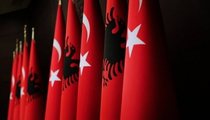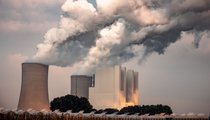World Bank: European clean technology exports are on track to triple!

Central and Eastern European (CEE) clean energy technology exports could triple in the coming years, if their current market share is maintained, according to the World Bank's latest regular EU economic report. If so, this could go an important way in strengthening the EU's global competitiveness, boosting its economy, and advancing the bloc's net 2050 efforts.
The countries involved are Croatia, Bulgaria, Romania and Poland. The technologies include products such as heat pumps, solar panels, electric vehicle batteries, wind turbines and more. However, achieving the EU's Net Zero Industry Act (NZIA) targets will be vital in order for CEE cleantech exports to triple. NZIA's main target is for EU domestic production to meet around 40% of the bloc's clean technology needs by the end of this decade and 15% of global clean energy demand by 2040.
This could also reduce the EU's overall energy dependence on other countries such as Russia, especially as the Russia-Ukraine war continues. Similarly, Central and Eastern European countries may also experience significant domestic development and increased economic stability through this potential increase in cleantech exports.
Currently, countries are facing significantly higher consumer prices, with prices of food and essential products rising particularly fast. This, in turn, has led to worsening food insecurity and poverty as real wages struggle to keep up with rising prices.
Anna Akhalkatsi, country director for the EU at the World Bank, said in a press release: "Historically high prices are hitting Europe's most vulnerable people hardest, with some families spending half their income on food, and low-skilled workers are struggling in an unequal labor market.” "Targeted social policies are essential to support those most in need and ensure wider economic inclusion. The green transition offers opportunities to create jobs and boost industries in ways that are fair and far-reaching."
As such, encouraging more cleantech exports from CEE countries could go a long way in helping them recover from financial and economic shocks such as the pandemic. However, the EU must implement a coordinated strategy between member states for this to be possible, to prevent internal competition, as well as to encourage higher private sector investment. The bloc may also need to invest significantly more in research and development, along with high-quality talent and stronger supply chains.
The EU economy may be heading for a soft contraction this year, despite interest rates rising in recent months. This is mainly due to inflation continuing on its downward trajectory and moving closer to the European Central Bank's (ECB) 2% target. In November 2024, EU inflation was 2.5%. Despite aggressive interest rate hikes, severe job losses and a significant recession have been avoided, although EU growth slowed last year, in line with expectations. Similarly, trade volumes also declined in 2023, largely dragged down by suffering EU competition, while energy prices continued to rise.
In 2024, however, employment has started to increase, although the numbers still vary significantly across different fields, industries and socio-economic groups. Nominal wage growth has also been relatively stable, further improving consumer purchasing power. On the other hand, there are still concerns about whether the full impact of the last cycle of monetary tightening has already reached consumers or whether there will be more. Another major concern involves escalating trade tensions between the EU and the US, as well as the EU and China. Differing rates of economic recovery among member states could also hamper the EU's ability to achieve a soft landing this year.
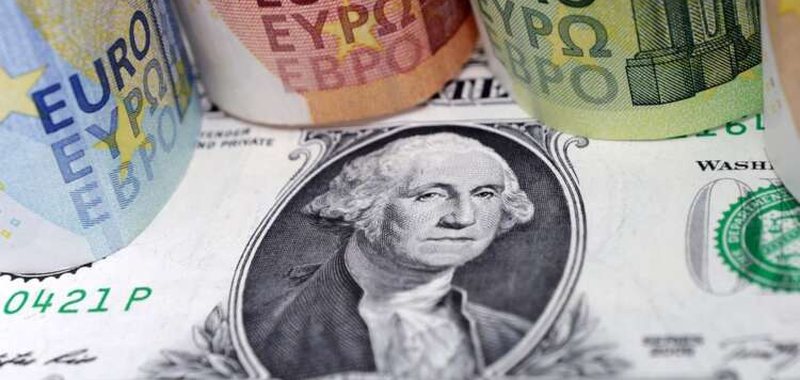
Euro bie në nivelin më të ulët të 2 viteve pas uljes së ashpër të normës së Fed!
Euro ra kundrejt dollarit amerikan në afërsi të nivelit më të ulët dyvjeçar prej mesit të 1.03, një nivel i arritur shkurtimisht në fund të nëntorit dhe më i......
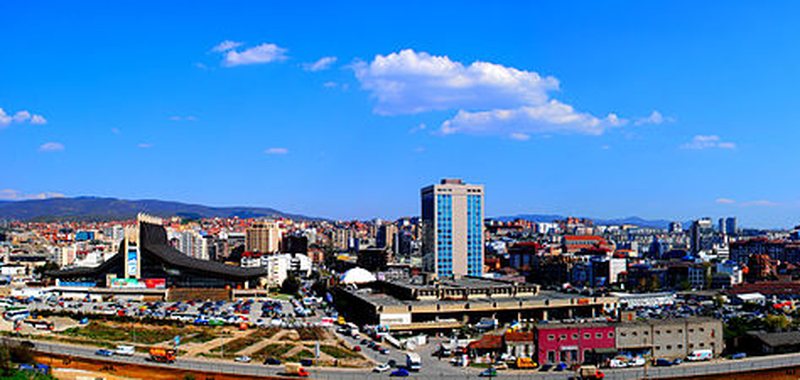
The establishment of capital markets in Kosovo is about to take place - The government's decision aims to promote investments and long-term economic growth
The Government of Kosovo has officially approved the Concept Document for the establishment of capital markets, marking a transformative step towards......
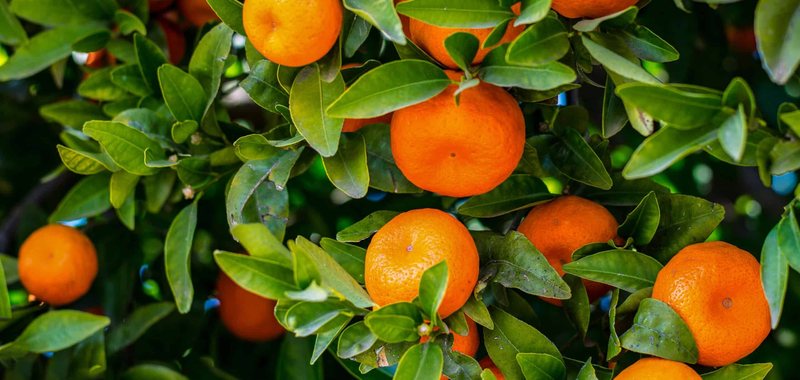
What is happening with "Made in Albania" mandarins? - AKU blocked 3 export shipments. Citizens: We will consume less!
This year, the situation for Albanian tangerines is troubled. Three cargoes exported abroad have been returned due to pesticide residues above the permitted......
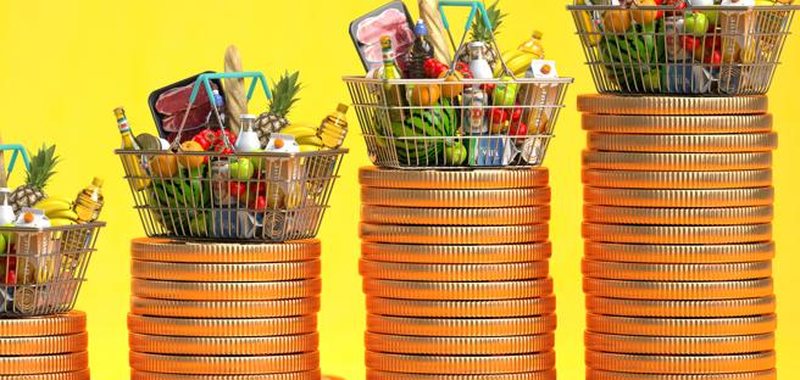
The prices of basket products are under special monitoring from December 1 to January 15!
The Competition Authority announces that, within the framework of the commitment to protect competition and the interests of consumers, it is taking all the......

Fed cuts interest rate by 0.25% - Third reduction in a row to cope with Trump's tariff policies
The US Federal Reserve cut interest rates by 25 basis points, the third straight rate cut in this easing cycle, as it braces for uncertainty stemming from......
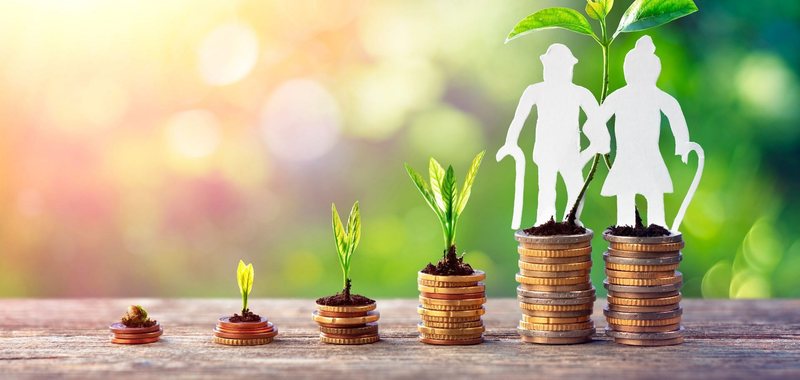
The budget review sets the fund for pensioners - Muço: Indexation based on basket inflation is needed
The government is expected to soon review the budget for 2024, where due to the good performance in income, the funds will be reallocated, creating a special......
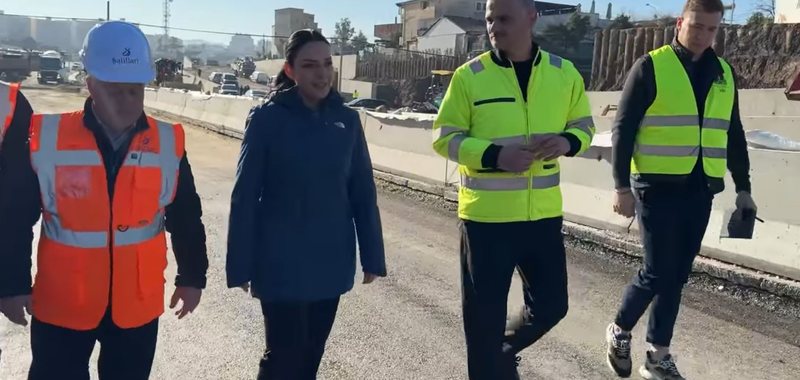
Unza e Madhe, works 24 hours - Balluku: We stick to the objective to deliver it within the year
The works on lot I of the Great Ring of Tirana are heading towards closure. During the inspection, the Minister of Infrastructure and Energy Belinda Balluku......

Zgjerimi i BE-së “godet” disa vende anëtare - Pranimi i shteteve të reja redukton fondet për rajonet më pak të zhvilluara
Një zgjerim i mundshëm i BE-së në nëntë shtete të reja anëtare mund të sjellë ndryshime të rëndësishme në buxhetin e bllokut. Një studim i ri nga Bruegel......







